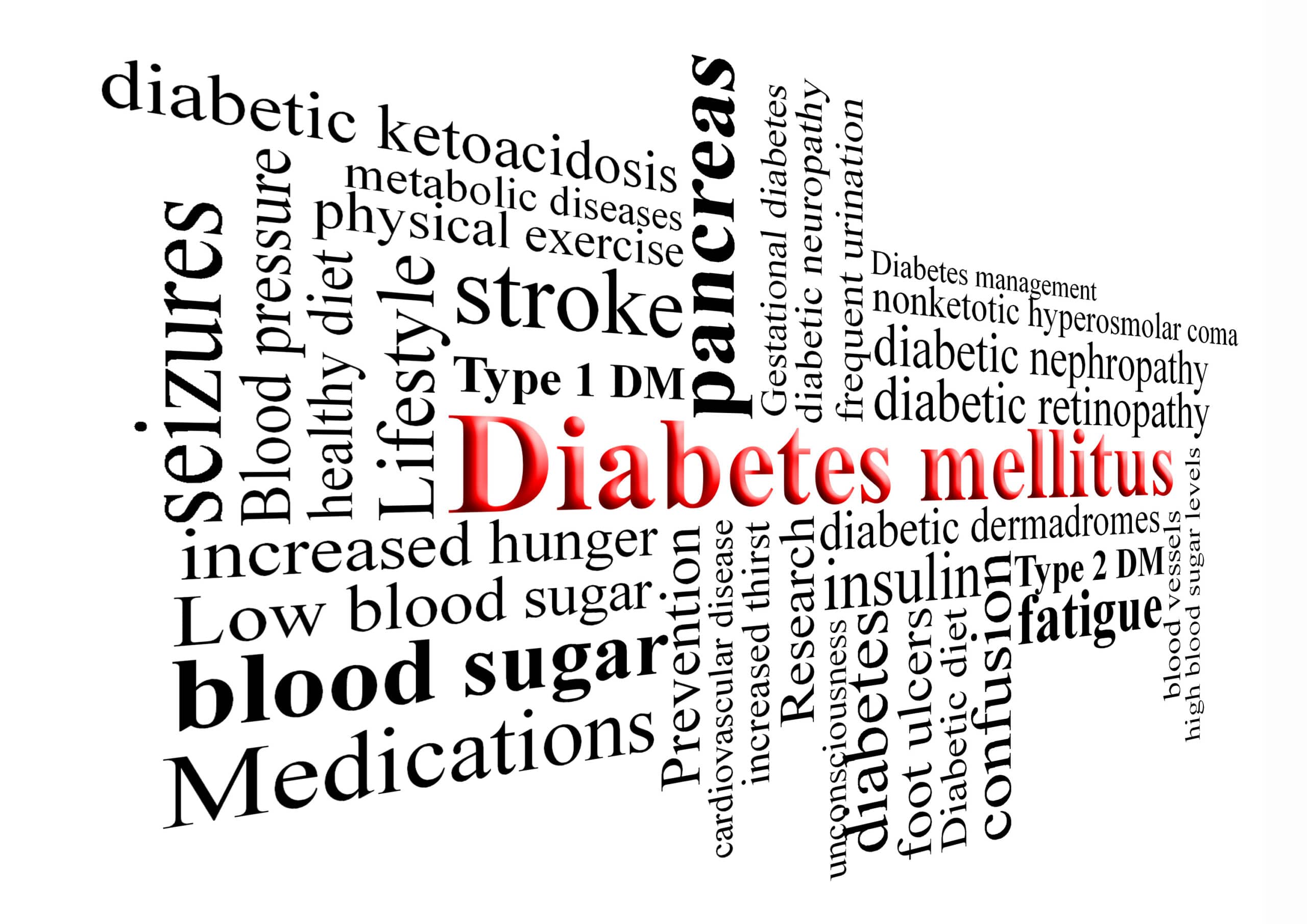“Glucagon for injection has been approved for use in the U.S. for more than 20 years, but until today, there has been no approved generic of this important drug that can save the lives of people who may experience the serious condition of very low blood sugar,” said Sally Choe, Ph.D., director of the Office of Generic Drugs in FDA’s Center for Drug Evaluation and Research. “Today’s approval reflects the FDA’s continued commitment to advancing patient access to lower-cost, high-quality generic drug products that are as safe and effective as their brand name counterparts. Supporting the development and expanding opportunities to bring generic copies of complex drugs, like glucagon, to the market has been a major focus of our efforts to improve competition and help lower drug prices.”
Severe hypoglycemia occurs when a patient’s blood sugar falls to a level where he or she becomes confused or unconscious or suffers from other symptoms that require assistance from another person to treat. Typically, severe hypoglycemia occurs in people with diabetes who are using insulin treatment.
The generic glucagon for injection is a synthetic version of human glucagon. Glucagon is a hormone that causes the liver to quickly increase blood sugar levels. This hormone also slows down movement of the gastrointestinal tract. The most common side effects associated with glucagon for injection are nausea and vomiting, a temporary increase in heart rate, as well as redness and swelling of the injection site.
The FDA regularly takes steps to help guide the industry through the development process for generic drug products, including complex products such as glucagon. The development of complex products can be more difficult due to their complex active ingredient, formulation, or mode of delivery. As a result, many complex drugs lack generic competition even after patents and exclusivities no longer block generic approval.
The FDA maintains a list of off-patent, off-exclusivity drug products without an approved generic to improve transparency and encourage the development and submission of applications for drugs with limited competition. Glucagon is included on this list. The FDA also prioritizes the review of submissions for generic drugs for which there are fewer than three approved generics of the reference listed drug (RLD) and for which there are no blocking patents or exclusivities on the RLD.
Under the Generic Drug User Fee Amendments (GDUFA), individual companies can meet with the FDA as part of its pre-Abbreviated New Drug Application (ANDA) program to support the development of such complex generic drug products. The FDA also publishes guidance documents describing the steps the FDA recommends companies take to submit complete applications for generic drug products.
The FDA requires sponsors to submit appropriate data and information to demonstrate that complex generic drug products meet the agency’s rigorous approval standards. These standards ensure that quality generic drug products are as safe and effective as their brand name counterparts.
Addressing the challenges related to complex generics, and promoting more generic competition to these medicines, is a key part of the FDA’s Drug Competition Action Plan, and the agency’s efforts to promote patient access and more affordable medicines.
The FDA granted approval of this generic glucagon for injection to Amphastar Pharmaceuticals, Inc. of Rancho Cucamonga, Calif.




